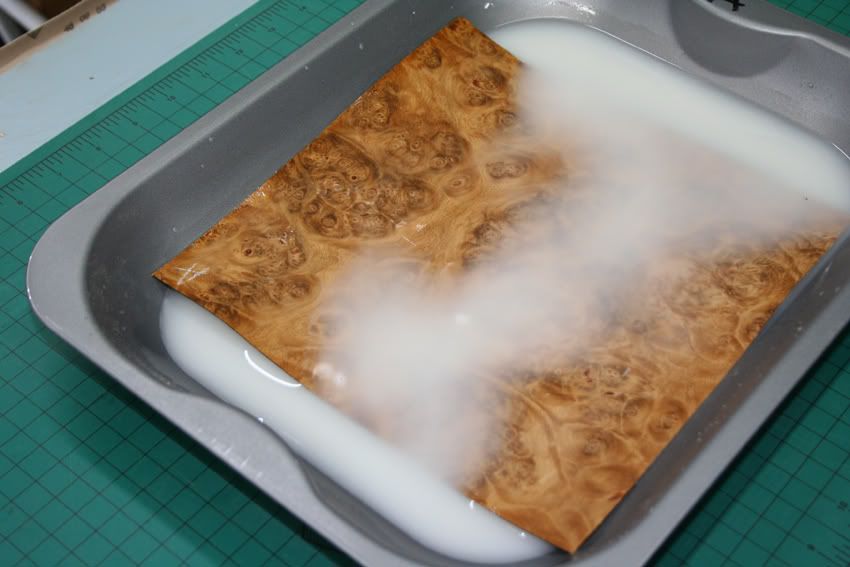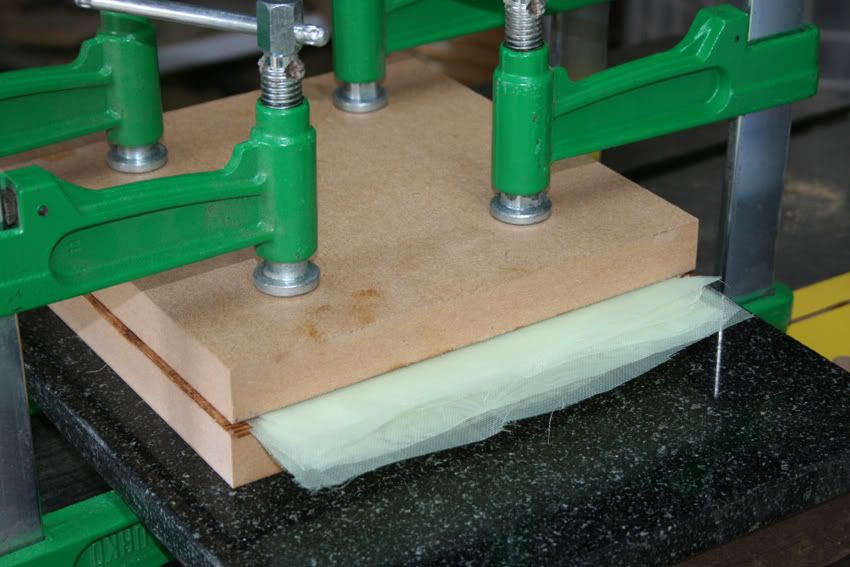Lowlife
Established Member
Anyone know what's in some of the commercial veneer softeners? I've tried various homebrews but they either don't work too well, or they leave residues that cause finishing problems later on.










I can't answer the first part of your question, but the recipes and methods described here at my website all work well. At least they do based on my experience using them, and without any finishing problems I've come across. Perhaps it's one of the recipes I describe that have caused you problems, but only you will know that at this point. Slainte.Lowlife":zw55ve4j said:Anyone know what's in some of the commercial veneer softeners? I've tried various homebrews but they either don't work too well, or they leave residues that cause finishing problems later on.


Enter your email address to join: